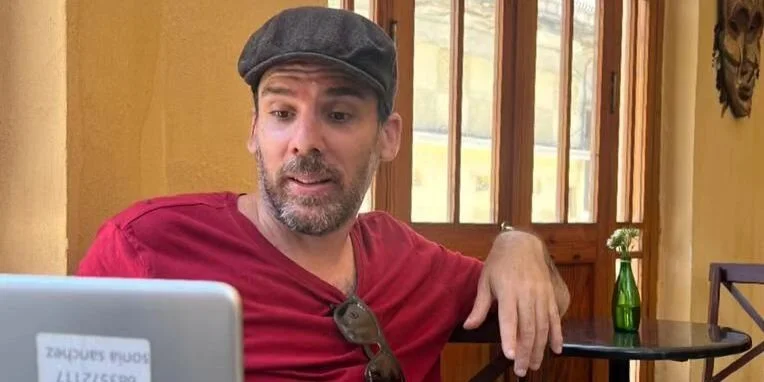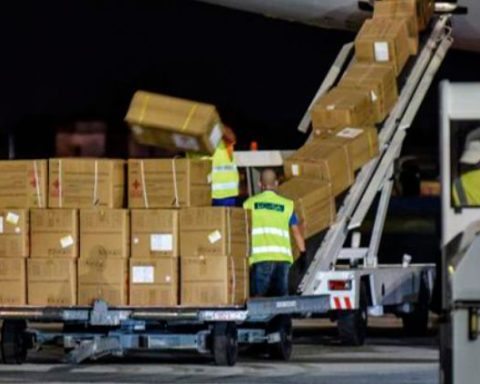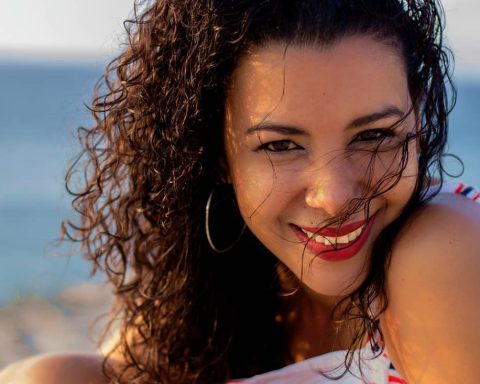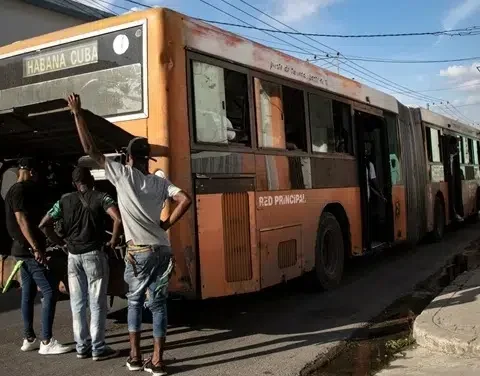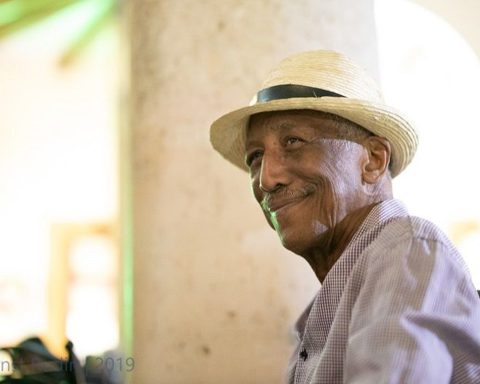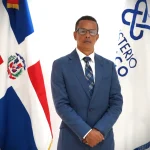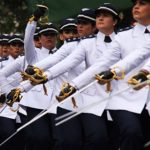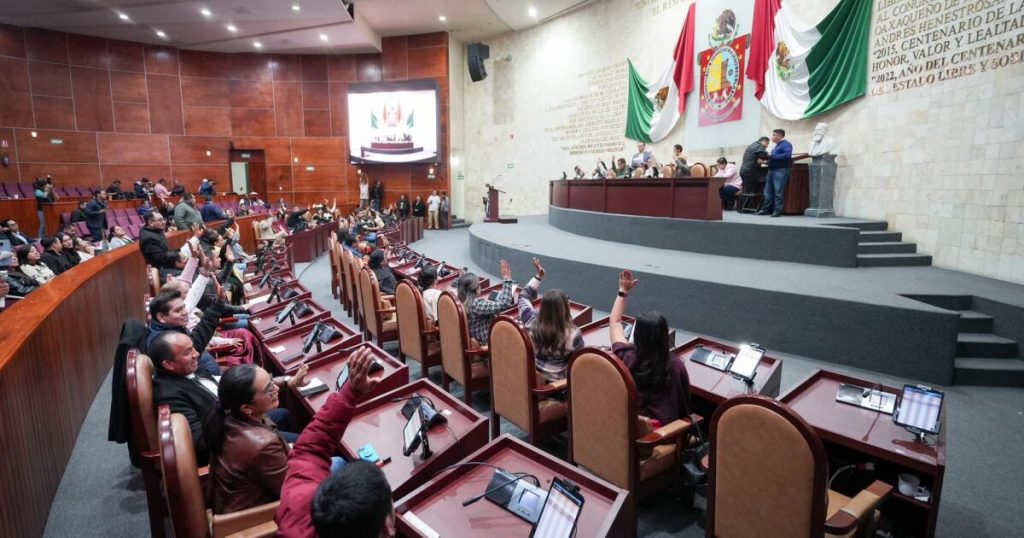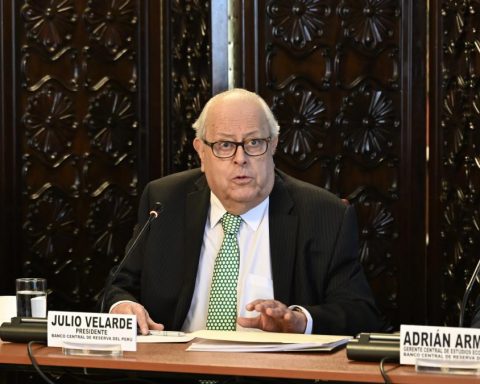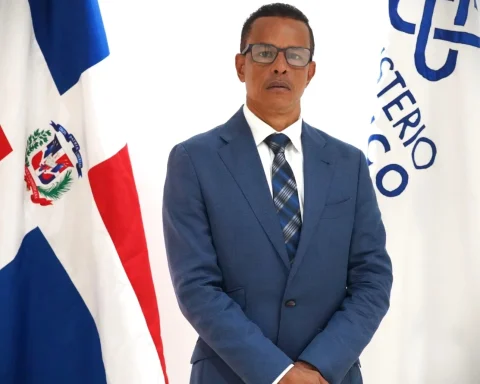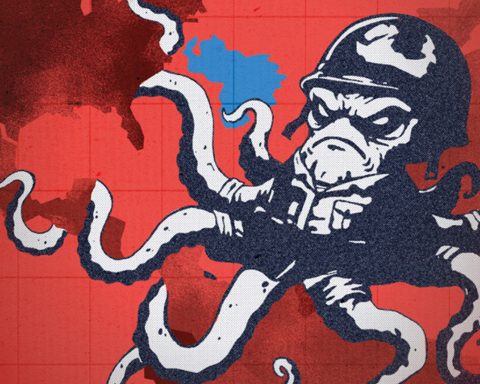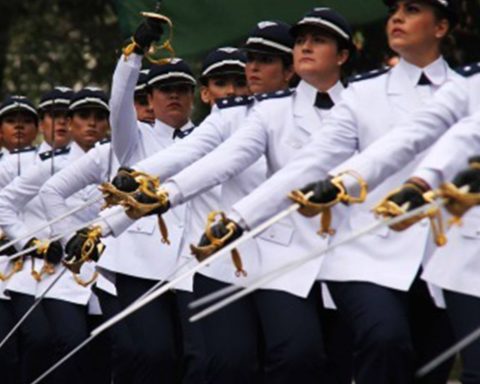MATANZAS, Cuba. – Specialized criticism is one of the genres that has suffered most from the censorship policy of the island’s regime. Cuban independent journalist Michel Hernández Sánchez, who wrote for more than a decade for the cultural page of the newspaper Granmaknows “the guts” of the state press apparatus.
―Does cultural criticism exist in Cuba as a genre within journalistic specialization?
―Yes, it is very depressed by ideological concepts. In the official media, it is not possible to make a criticism, neither bad nor good, of artists who are openly against the Cuban government. There was a time when there was more freedom for this genre, but in recent years it has disappeared.
It is not possible to do in-depth or insightful work, everything is permeated by an ideological pact that has influenced not only criticism, but also the knowledge of those cultural expressions that are critical of the Government.
―What factors affect the implementation of criticism in the practice of journalism?
―I think that there is a deprofessionalization in the official media due to the emigration of journalists, not only because of the economic situation, but because of the freedom that is needed to express oneself. You cannot make a criticism that is based on censorship or on other grounds that are not theoretical, because, if not, it would not fully fulfill its purpose.
There is also a lack of space for in-depth criticism. We are aware of the lack of paper in official media, in newspapers, even though this is an archaic medium. Criticism must be in-depth and real.
―How do you rate Cuban cultural journalism today?
―In cultural journalism in Cuba there must be much more freedom in all senses in order to bear witness to the times in which we live; that is one of the objectives of journalism.
If you don’t give space to this type of journalism with freedom to talk about Cuba without restrictions, there will be – or rather, there already is and I think it has worsened – a period in which it is not reflected in the official media in this case.
―What differences exist between Cuban state media and independent media inside and outside the country?
―The main difference is ideological. Official media are promoting artists who agree with the system. Both on television and in print media, names are repeated that do not reflect the cultural diversity of the country. As a result [de las protestas masivas] July 11, 2021a day that marked a before and after in journalism and criticism, areas of Cuban culture have been ignored.
The independent media reflects more artists with critical thoughts about the system. They are the polar opposites, and in the middle are those who have an important body of work, but who may not have expressed themselves ideologically or are far from politics. The independents have opened their platform more to promote artists with a thought dedicated only to their work.
Everyone does what they want with their work and conscience; what you have to do is know how to distinguish between what is worthwhile. There have been artists who only express their political position and not thoughts about their work. For decades there has been a lot of opportunism, both for and against.
―What role does the academy play in the critical opinion of a Cuban journalist?
―I don’t think that you need to go to the academy to be a journalist. You learn the tools there, but the one who does it in everyday life is the real journalist. There are those who think that because they spent five years in the academy and write well or more or less well, they are already one, but that’s not the case.
Journalism leaves its mark on the skin and not everyone in Cuba is willing to do it. Official journalism is very comfortable; sometimes, professionals get caught up in that dynamic and lose the instinct they should have. Whatever is done must be done well, with respect for the truth and with quality, that is the main thing.
―With the proliferation of social media, influencerscontent creators and entertainment pages, do you think cultural journalism is threatened?
―I don’t think so. I imagine that people, in general, know how to distinguish between content, because cultural journalism requires analysis, specialization, and a little more time in its preparation. The networks are permeated by speed, by sensationalism, by what moves people, without being based on the scoops of journalism in general.
They are not a threat, sometimes there are even collaborations. It is a fairly young phenomenon in terms of the historical level within the profession; it forces journalists to specialize, to do real journalism, I think they can channel their learning.
―What are the biggest obstacles to achieving specialization?
―The most difficult thing is dedication and will, and I’m not just referring to academia. Cultural journalism takes a lot of time, understanding cultural phenomena first hand, experiencing them live, like being at concerts, spending time with artists, going to record launches in the case of music. The main thing about this specialization is the daily work.
Contacts are important and are achieved with a certain level of specialization. When others know your work, it is easier to make contacts. It also depends on the time one dedicates to it: some people can achieve it in five years and others in one. You have to delve into unknown criteria. Knowledge is fundamental, as well as humility to learn from artists.
―What is your opinion of journalism in general in Cuba today?
―I think Cuban journalism in general is in one of its worst stages. You look at the media and you don’t see the Cuba that the Cuban people want to see; I’m referring to the official media. And in other media you see the Cuba that suffers, but that is also permeated by the profile of the media. Perhaps at times there are exaggerations of different facts.
There is a lack of more objective views on the island that focus on the common man. There are media outlets that have done this, independent media outlets, but Cuban journalism is in crisis. For the good of the Cuban people and the country, it should change at some point in the not too distant future.
